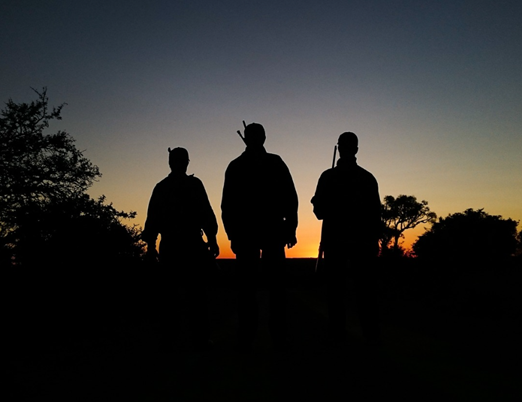Why It Matters: On February 25th, without discussion, the New York State Senate Committee on Environmental Protection and Conservation voted 10-1 to ban the import, export, transport, process, sell, offer for sale, purchase, trade, barter, distribution or possession of any part or product of a list of the “Big 5” African animals including elephants, lions, and rhinoceros through NY S. 5014. Licensed and regulated safari hunters are the prime funding apparatus for African countries’ conservation, which focuses on wildlife management and anti-poaching efforts. This legislative ban would discourage hunters from participating in regulated hunting activities in Africa, putting African conservation funding at significant risk.
Highlights:
- Due to funding provided by safari hunters’ activities, African wildlife management plans are successfully regrowing animal populations such as the white rhino.
- African nations should be allowed to utilize their own determinations on how best to provide for their conservation efforts and utilize their resources.
- Legislative decisions, much less those which would impact foreign nations, deserve to be discussed and deliberated with public input – including, in this instance, the international voices of those that would be most severely impacted.
Revenue generated by licensed, regulated safari hunting is the single most important source of funding for conservation and anti-poaching efforts in Africa. In many southern and eastern African countries, revenues generated from legal hunting are the primary source of management, conservation, and anti-poaching funds for national wildlife authorities. This funding has helped recover or maintain “Big 5” populations in southern and eastern Africa. Moreover, these same monies often provide the necessary funds to establish agricultural or aquacultural facilities, build schools, and more – all of which result in real and tangible improvements in life for rural communities.
Preventing hunters from importing harvested animals is intended to discourage them from hunting in Africa which would deprive African wildlife authorities and communities of essential income. Laws banning the importation of “Big 5” species undermine conservation, adversely affect sportsmen and women in the U.S., and eliminate benefits for many African people living in the poorest and most remote areas.
In 2016, a US Federal Court knocked down a similar bill passed by the New Jersey Legislature, due to conflict with the Endangered Species Act, stating that, “The Order prohibits the enforcement of the ban against activities authorized by federal law, regulation, or permit.” Similarly, another attempt to ban trophies in 2018 passed with significant legislative support in California but then Governor Jerry Brown vetoed the legislation stating the ban would be “unenforceable” due to legal precedent established in New Jersey two years prior.
In 2021, Connecticut saw legislation (S. 925) that would have prohibited the import, sale, and possession of items from legally hunted African species, but a CSF-supported floor amendment was offered and ultimately adopted into the final bill language that created a carveout for lawfully harvested animals. The amendment read as follows: “The provisions of subsection (b) of this section shall not apply if the possession of such specimen of a big six African species is expressly authorized by any federal law or permit.”
Bans on the importation of “Big 5” species from Africa are as misleading as they are ineffective. Legislators should consider that, although proponents claim these bans are meant to protect African game species, in practice they deprive African nations of the resources needed to mount effective anti-poaching and conservation efforts that are primarily funded by the harvest of a small number of animals. African range state governments oppose these bans, as do leading conservation authorities such as the International Union for Conservation of Nature (IUCN) and the World Wildlife Fund (WWF).
The Congressional Sportsmen’s Foundation (CSF) is working with New York Sportsmen’s Legislative Caucus members to educate legislators on the impact this ban would have beyond New York state’s border, and continues to offer expertise and information throughout the legislative process. Emotional legislation often misidentifies the true problem legislators would like to address and CSF will continue to educate legislators on the importance of hunters for wildlife management and conservation funding.





